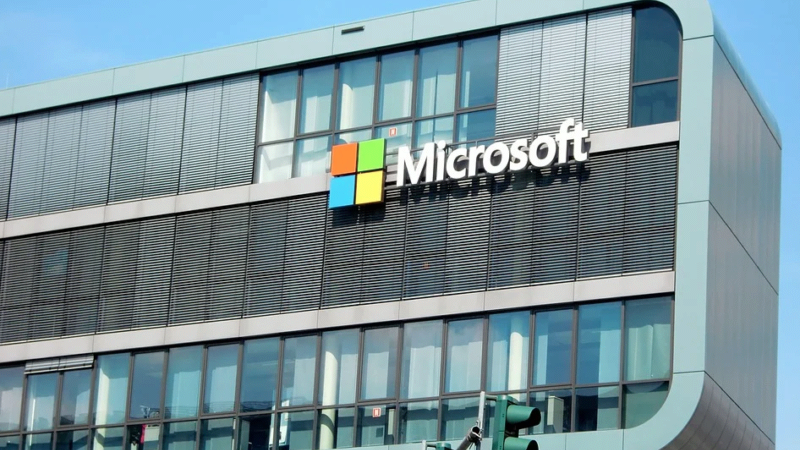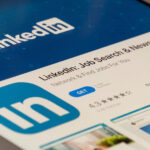Microsoft wants to enter the healthcare sector more deeply and is taking over speech technology specialist Nuance to do so. The company has to shell out around 20 billion US dollars for the AI company. What is the deeper strategy?
Bloomberg and Reuters already reported on the negotiations on Sunday, and now Microsoft is making it official. The group has officially announced in a blog post that it has acquired Nuance.
The specialist for artificial intelligence (AI) and speech technology is to change hands for a whopping 16 billion US dollars. Microsoft is putting 56 US dollars per share on the table and is thus almost 23 percent above the closing price on Friday.
Including all debts, Microsoft has to shell out almost 20 billion US dollars. Only the LinkedIn acquisition in 2016 was more expensive at around 26 billion US dollars.
Nuance is best known for its speech recognition software – most users will be familiar with the technology through Apple’s Siri voice assistant.
Microsoft focuses on healthcare
In recent years, Nuance has increasingly focused on the digitization of healthcare. Microsoft has also been on board here as a strategic partner.
The two companies are working together on a solution that allows doctors to automatically document conversations with patients. The conversation is transferred to the cloud via an app and later analyzed using speech recognition.
In fiscal 2020, the healthcare segment accounted for 915 million US dollars, around 60 percent of the total revenue of 1.5 billion US dollars.
After Nuance acquisition: a 500 billion market
Back in May 2020, Microsoft launched the Cloud for Healthcare project.
For this, the tech giant has combined its cloud-based software solutions such as Azure, Office and Teams and adapted them to the needs of healthcare.
Nuance is now expected to help grow this business. According to Microsoft, 55 percent of physicians and 75 percent of radiologists in the U.S. already use solutions from the AI specialist. Nuance solutions are already used in 77 percent of all U.S. hospitals.
Microsoft estimates the potential market volume at 500 billion US dollars. The collaboration is therefore likely to turn out to be a lucrative investment for the Windows parent.










